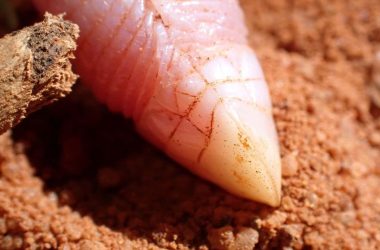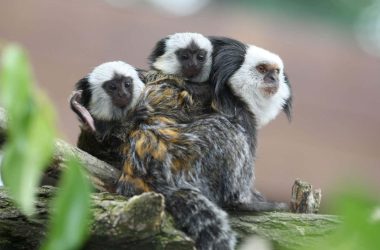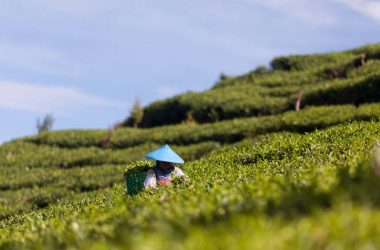In the face of increasing human noise pollution, monkeys living in the Amazon Rainforest are resorting to scent communication more frequently than usual. Jacob Dunn from Anglia Ruskin University in the UK explains that the impact of human activities on these animals is evident and poses a significant threat to their survival.
Adapting to Noise Pollution
Pied tamarins, a critically endangered species found in patches of forest within the city of Manaus, Brazil, use both vocal calls and scent-marking to communicate. Scent-marking involves rubbing odours onto surfaces to mark territorial boundaries and signal readiness to mate. Dunn and his colleagues placed tracking collars on the lead female monkey in nine social groups to observe their behavior in noisy environments. They found that the monkeys increased their scent-marking behavior by 60% when noise levels reached 65 decibels, and by 90% when noise levels reached 70 decibels.
The Importance of Vocal Calls
Despite the increase in scent marking, the monkeys did not decrease their use of vocal calls. Vocal calls are crucial for long-distance communication and interaction between different species. If these calls are drowned out by human noise, it can lead to conflicts and competition for space.
Implications for Wildlife
This study highlights the ability of these monkeys to adapt to their changing environment. However, it also emphasizes the negative impact of human noise pollution on wildlife. Human activities, such as freeways and construction, can disrupt animal communication and potentially lead to conflicts and challenges in their survival.








